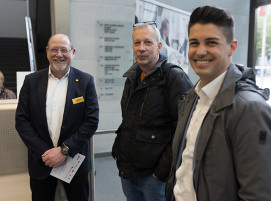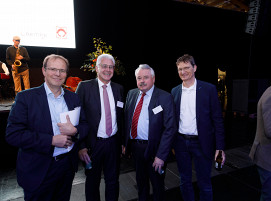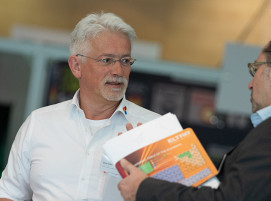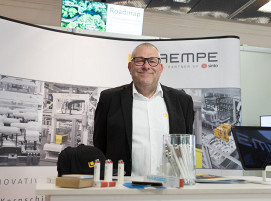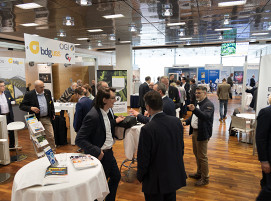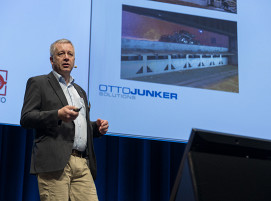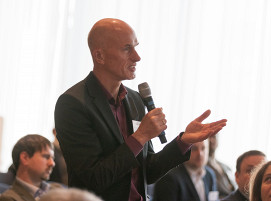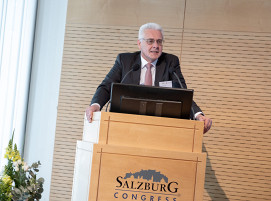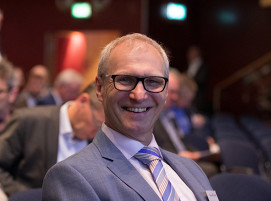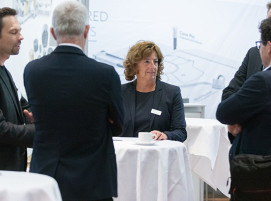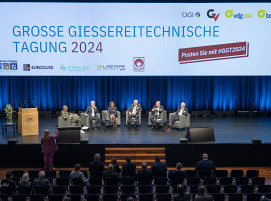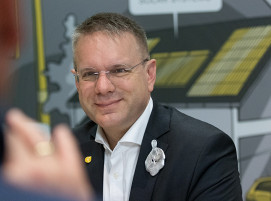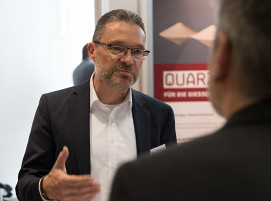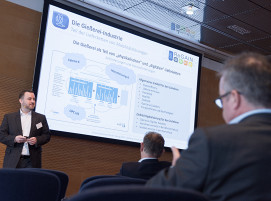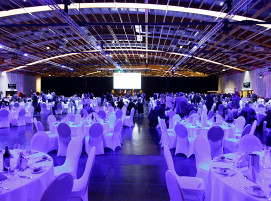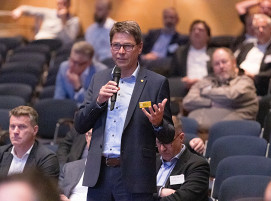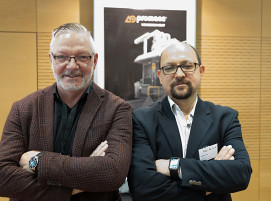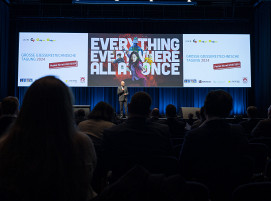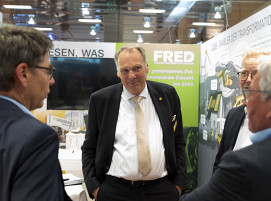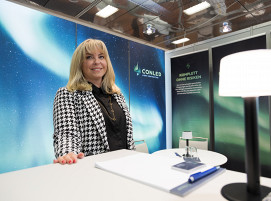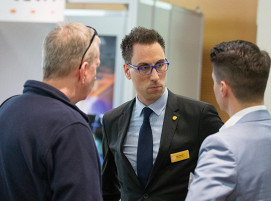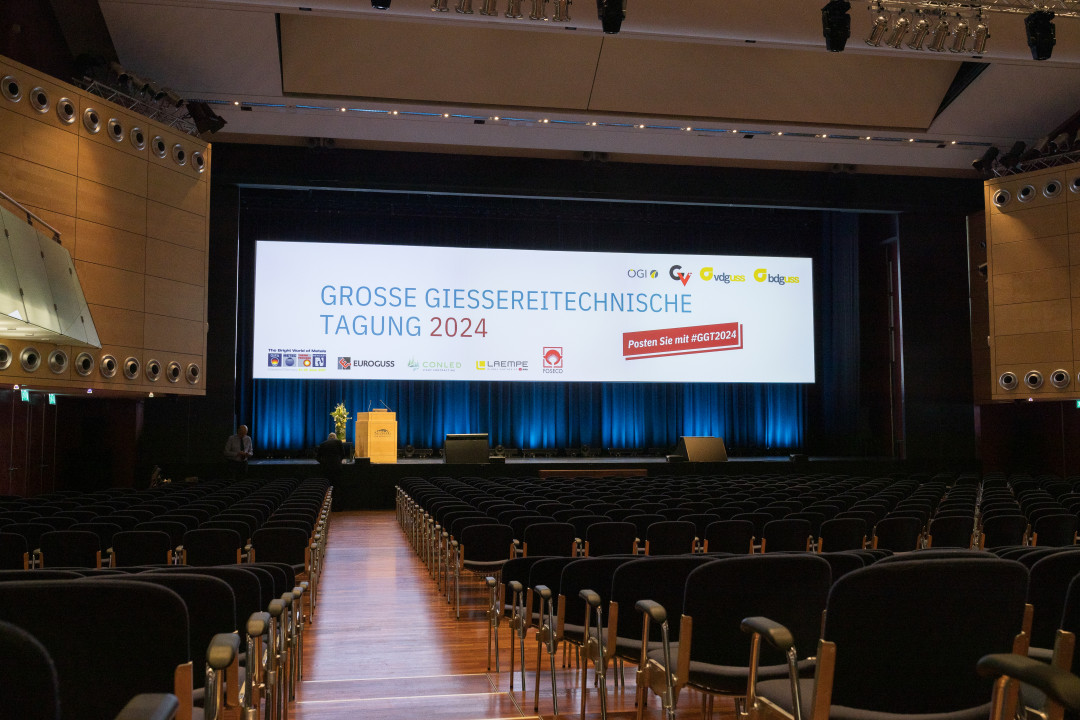
Salzburg 2024 - that was 25 specialist presentations in front of more than 600 participants, an attractive and well-booked specialist exhibition - and two keynote speeches plus a panel discussion, which formed the large framework. All in all, an extremely successful event.
From Martin Vogt
The right mix of programme items is crucial for a good conference. Of course, high-quality and exciting presentations are essential. However, operational expertise in the industry naturally takes place under conditions that are not decided within the industry, but are set from outside.
Clemens Küpper, President of the Federal Association of the German Foundry Industry, also referred to this, summarising the Great Foundry Technology Conference at the end of the two days with the words: ‘Salzburg has prepared us for what lies ahead. We may have become more confident. Ask your politicians the crucial question: How do you feel about the industry? We want a commitment from our state to industry.’ And Lars Steinheider, newly elected President of the German Foundrymen's Association (VDG), said: ‘We are transforming ourselves every day in our industry, and we should go outside with this message.’
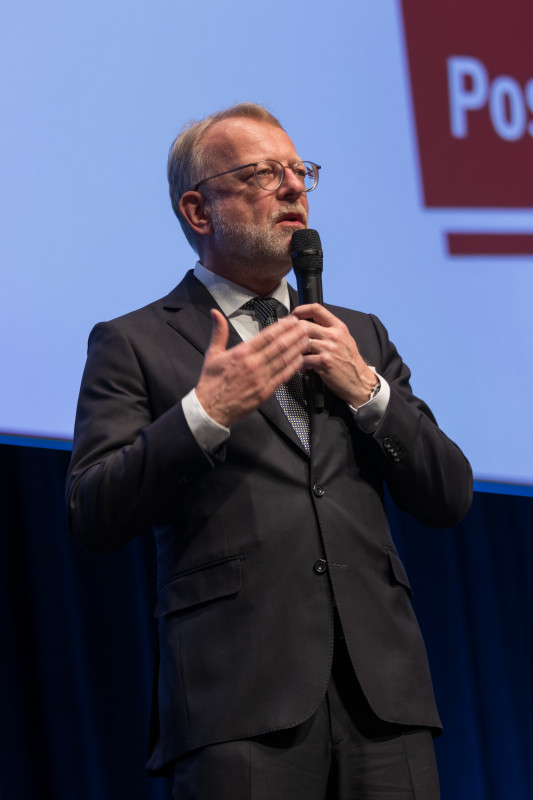
All crises happen at the same time
Earlier on the opening day, Franz Kühmayer had provided an excellent introduction to the conference. In his keynote speech, the futurologist confidently and thoroughly outlined global developments, which he repeatedly broke down to the European and even entrepreneurial level. An incredibly thought-provoking, intellectually valuable impulse. ‘It feels like all crises happen at the same time - and we don't have the feeling that we're coming to rest,’ said Kühmyer, and at the same time triggered the auditorium: ‘But coming to rest is not an entrepreneurial task. Anyone who wants to calm down is less suitable as an entrepreneur.’ The futurologist said very clearly: ‘This phase is no pony farm. Many sectors - including yours - are facing tough times. Things are not going to get better any time soon.’
Against the backdrop of the imminent transformation to climate neutrality, the futurologist appealed: ‘Your business issue is not to complain about how expensive the transformation is. Your entrepreneurial task is to secure a slice of this cake. We are talking about an incredible growth market.’ This brought Kühmayer to the second part of his impulse after the disruption: ‘Your industry offers many opportunities to translate this transformation into practice. But nobody knows it. This is something that could be more widely publicised. This is not only important for politics, but also for the labour market,’ said the researcher, citing extremely positive terms such as “pride of work”, “innovative strength”, “medium-sized businesses”, a new “industrial revolution” and “producing something with your own hands”.
With this mental armoury, the more than 600 participants then spread out across the parallel sessions in the Europa- and Mozartsaal. The lecture programme reflected the subtitle of the conference ‘The future of casting - transformation, young talent, technology’. The presentations showed once again that there are many interlocking adjustments that need to be made if you want to lead your company and the industry into a successful future. And they increasingly go beyond the pure casting process and concern topics that are not only important for the foundry industry, but which will nevertheless have a decisive influence on the future of casting. You can read more about the panels in the detailed report in the next issue of GIESSEREI.
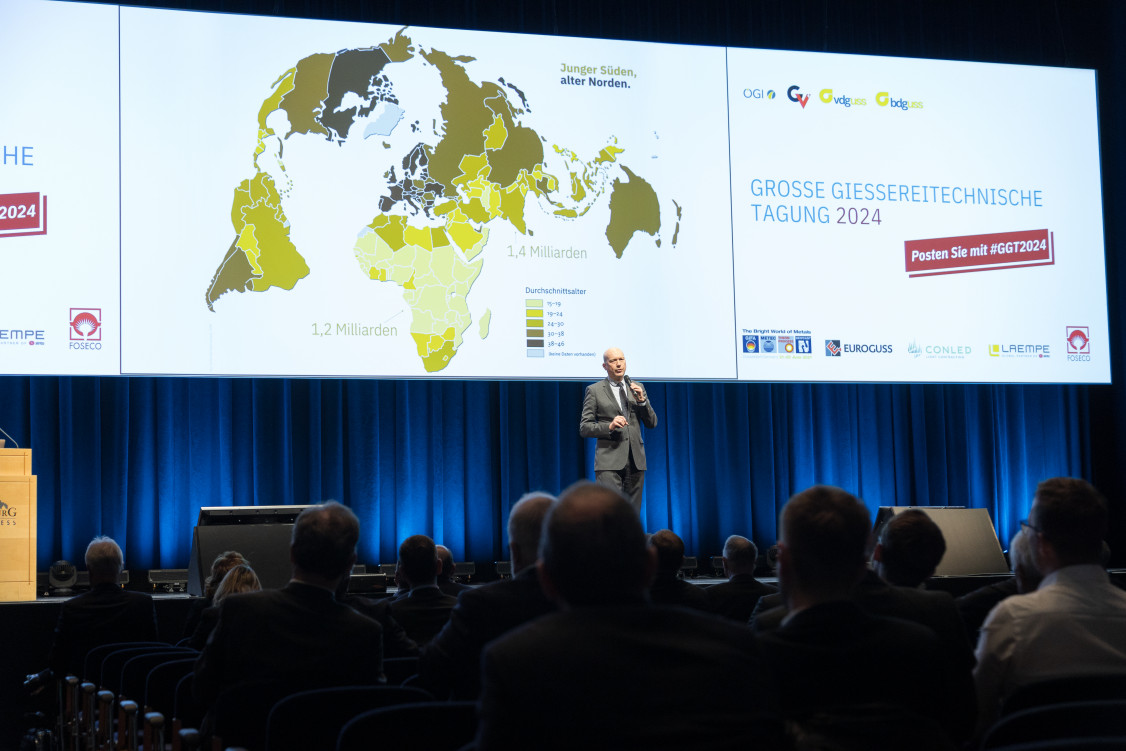
Energy lecture and panel conclude GGT
Professor Karl Rose's lecture on the future of the energy markets formed the second part of the framework for this major foundry technology conference. It is well known that the topic of energy - availability and, above all, prices - is an extremely important one for the industry. Rose's presentation was probably more appealing to large sections of the audience than Kühmayer's the day before. He began by emphasising how high the share of fossil energy production still is worldwide at around 80%. However, Europe and Germany have committed themselves to achieving climate neutrality by 2050 and 2045 respectively. Rose: ‘This means that the industry must decarbonise quickly because it can be caught out quickly by politicians, unlike citizens, who are voters.’
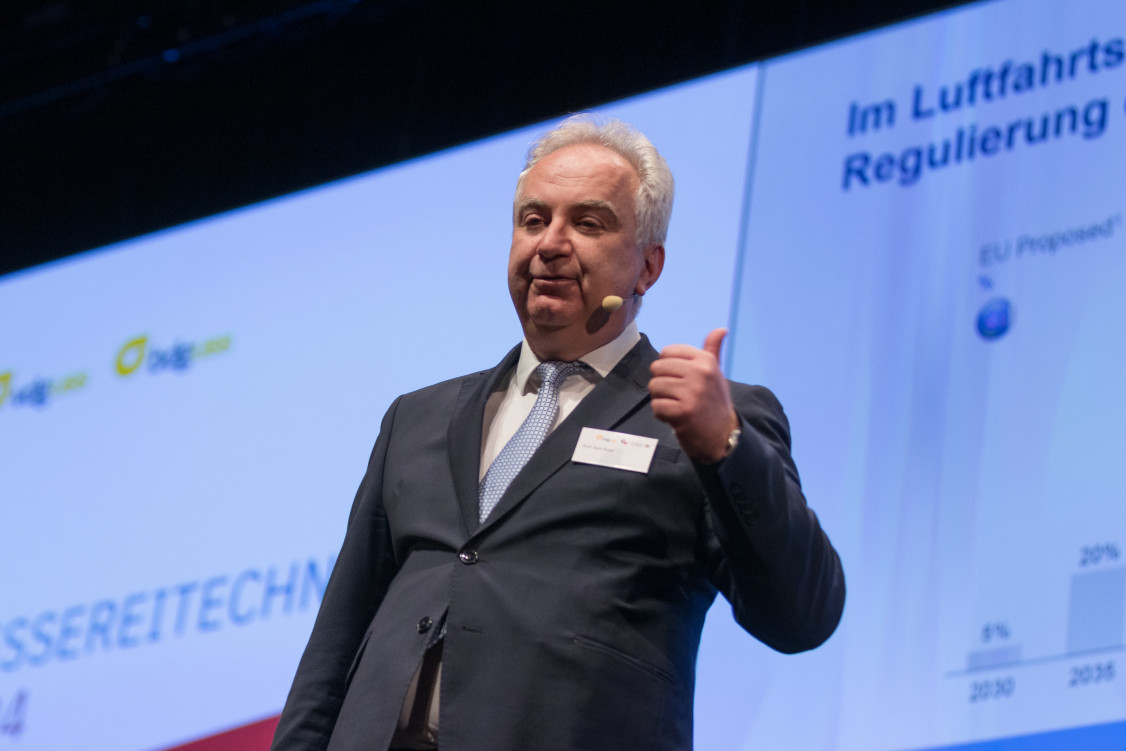
The concluding panel provided positive impetus for the future, apparently also fuelled by the momentum of two days of industry community: more and open communication of industry topics, transparency with regard to the industry's own transformation. But dynamism from within the workforce were also some of the keywords.
You can read the full review of GGT 2024 in the next issue of GIESSEREI.


